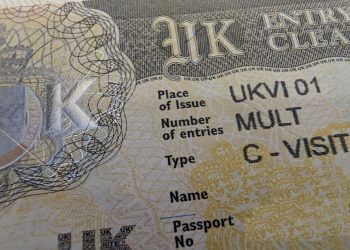Immigration, Refugees and Citizenship Canada (IRCC) recently announced reforms to their international student program, to stabilize growth and reduce the number of new international student permits issued in 2024. This reform has the potential to significantly affect the study permit application process for international students who wish to study in Canada.
IRCC is relying on provinces to implement a cap of approximately 360,000 new study permits in 2024. Without quick action from the provinces, there may be no new study permit applications until at least March 31st, 2024. However, it is important to note that cap-exempt study permits may still be submitted for consideration.
“Study permit renewals will not be impacted. Those pursuing master’s and doctoral degrees, and elementary and secondary education are not included in the cap. Current study permit holders will not be affected”, IRCC said in a press release.
A recent announcement from IRCC stated that every study permit application submitted to IRCC will now require an attestation letter from a province or territory, in addition to an LOA from the Canadian DLI that an international student hopes to attend. The attestation letter will serve as additional proof of the study permit application’s legitimacy, as well as protect the integrity of Canada’s international student system. Provinces and territories have until March 31st, 2024 to establish a process for issuing attestation letters to students, with no guarantee that such systems will be in place until the deadline, or beyond.
Once an international student obtains both an LOA and an attestation letter, they may proceed to apply for a study permit in Canada. Prospective international students need to be aware of these recent changes as they prepare for their studies in Canada.
In addition to the introduction of attestation letters, IRCC has also announced several other measures being taken to change Canada’s international student program and related policies. This includes a two-year cap on the number of new study permits that will be accepted across the country, weighted by population and significant decreases in provinces with unsustainable growth. Furthermore, changes are set to be made to the eligibility criteria for the Post-Graduate Work Permit (PGWP) Program.
It is clear that the landscape for international student permits in Canada is evolving, and prospective students should stay informed about these changes. These reform measures will significantly impact the way international students apply for study permits in Canada. It’s essential to stay updated on these recent changes and how they may affect their plans to study in Canada.
Still have some travel questions? Ask in our Travel WhatsApp Group.








